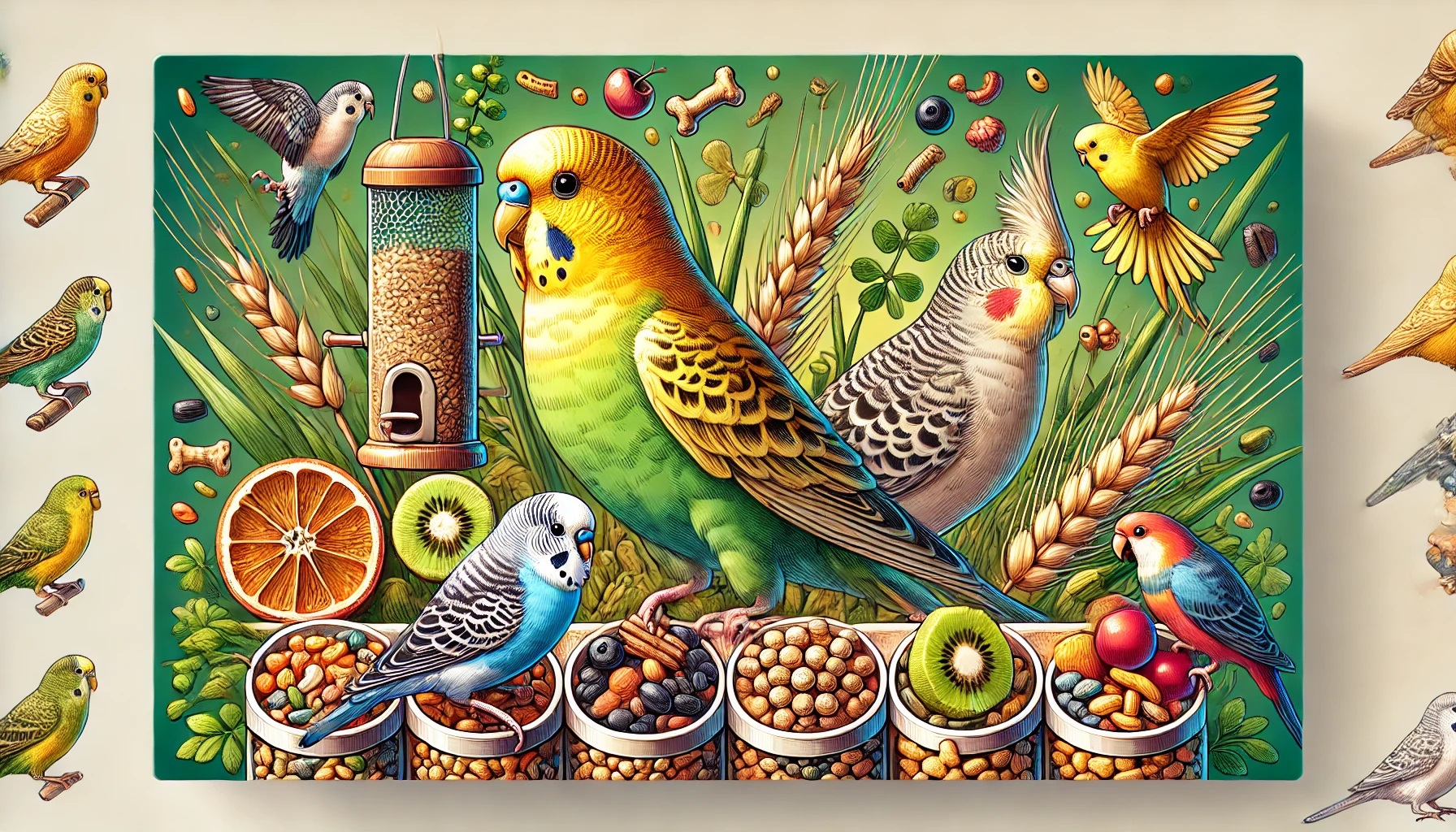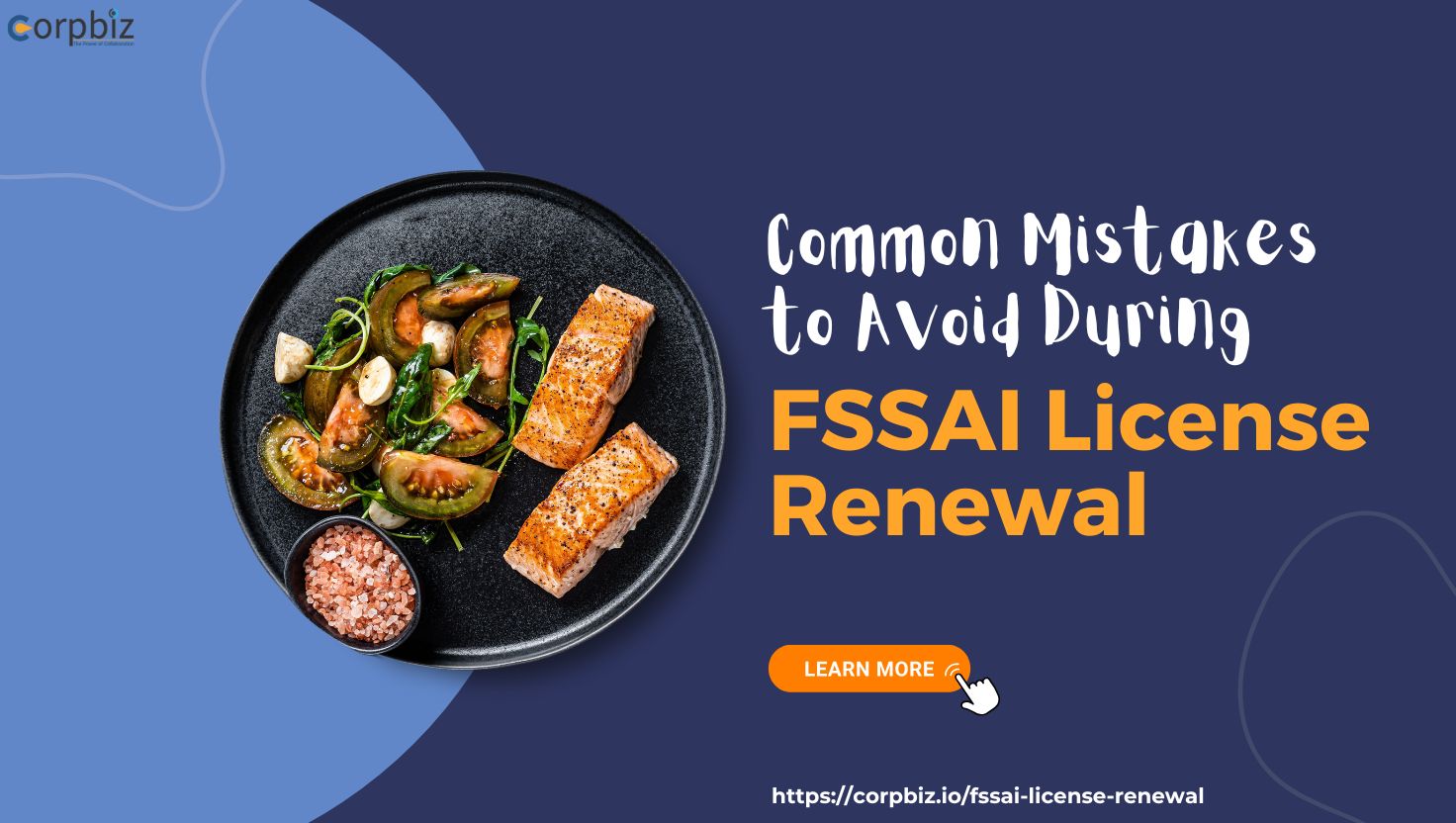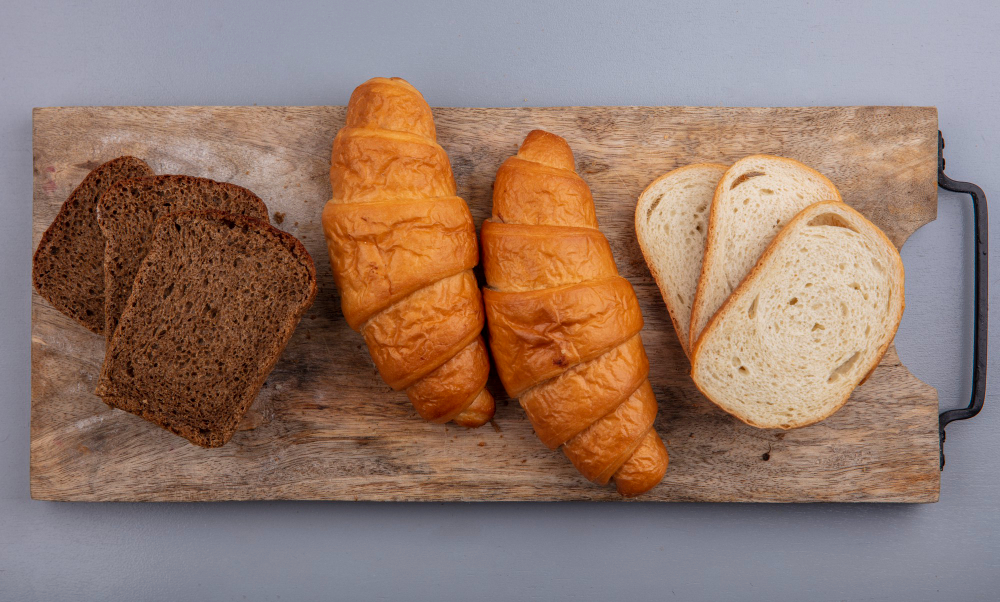Choosing the right food for small birds is essential for their overall health, happiness, and longevity. Unlike larger bird species, small birds like parakeets, finches, and canaries have unique dietary needs. A well-balanced diet not only enhances their vibrant colors but also keeps them active and full of energy. This blog explores the components of high-quality small bird food, how to select nutritious bird treats, and tips for feeding small birds.
1. Nutritional Needs of Small Birds
Small birds have fast metabolisms, meaning they require a diet rich in proteins, carbohydrates, healthy fats, vitamins, and minerals. A good mix of grains, seeds, fruits, vegetables, and pellets can meet these needs.
Key Nutrients
- Proteins are vital for growth, feather development, and overall energy. Small birds benefit from seeds, legumes, and nuts in their diet for protein.
- Carbohydrates are energy sources essential to their active lifestyles. They can be found in grains like millet, oats, and quinoa.
- Fats support skin and feather health. Small amounts of healthy fats from seeds and nuts, like flax and chia, can benefit your bird.
- Vitamins such as A, D, E, and B-complex vitamins are crucial. Leafy greens and vegetables like carrots or bell peppers offer a variety of vitamins.
- Minerals like calcium and phosphorus are essential for bone strength and eggshell development in breeding birds. Cuttlefish bones or mineral blocks are a great addition to any small bird’s cage.
2. Types of Small Bird Food
Several types of small bird food cater to various dietary needs and preferences. The right choice depends on the bird’s species, health, and activity levels.
Seed Mixes
Seed mixes are popular for small birds and often include millet, sunflower seeds, canary grass seed, and more. Although small birds love seeds, offering them in moderation is essential. Seeds alone lack some essential nutrients, and an all-seed diet can lead to obesity and nutrient deficiencies.
Pellets
Pellets are formulated to offer balanced nutrition and come in various flavors and textures. Pellets ensure that small birds get all essential nutrients, avoiding the selective eating that often occurs with seed mixes. A diet high in pellets and supplemented with fresh fruits, vegetables, and bird treats can help achieve optimal nutrition.
Fresh Fruits and Vegetables
Including fruits and vegetables enhances variety and adds necessary vitamins and minerals to a small bird’s diet. Try offering fresh options like apples, grapes, broccoli, spinach, and carrots. Always wash produce thoroughly and avoid toxic foods like avocado, onion, and chocolate.
3. Bird Treats: Adding Fun and Flavor
Bird treats serve more than one purpose: they are not only a tasty addition to a bird’s diet but also provide enrichment and opportunities for bonding. When selecting bird treats for small birds, choose options that are both safe and nutritious.
Healthy Bird Treats
Some excellent bird treat options include:
- Millet Spray: A classic treat loved by many small birds, millet is packed with protein and carbohydrates. Hang a spray in their cage for them to forage.
- Dried Fruits: Dried apple, banana, and papaya slices are nutritious, natural treats. Choose varieties without added sugars or preservatives.
- Nut Pieces: Small pieces of almonds or walnuts provide healthy fats and protein. Offer these in moderation, as nuts are high in fat.
- Homemade Treats: You can make simple bird treats by mixing small amounts of seeds, oats, and a touch of honey. Bake them into tiny treats for occasional feeding.
Training and Bonding with Treats
Using bird treats as rewards can be effective for training and strengthening your bond with your feathered friend. Offer treats by hand or hide them in their cage, creating a fun scavenger hunt. Training with treats can help teach your bird to step up, whistle, or even mimic sounds. Remember, treats should be used sparingly to maintain balanced nutrition.
4. Feeding Tips for Small Birds
Small birds thrive on a consistent, varied diet. Here are some feeding tips to ensure they receive proper nutrition.
Provide Fresh Food Daily
Fresh food should be changed out daily. Remove uneaten portions of fresh fruits, vegetables, or moist treats within a few hours to prevent spoilage. This routine ensures your bird only eats fresh, safe food.
Clean and Safe Feeding Environment
Clean feeders and water dishes regularly to prevent bacteria growth. Small birds are sensitive to their environment, and cleanliness in feeding areas can help keep them healthy.
Avoid Overfeeding
Since small birds are prone to obesity, avoid overfeeding seeds or fatty treats. Stick to recommended serving sizes and use a kitchen scale if necessary to measure out portions accurately. Portion control ensures your bird maintains a healthy weight and receives balanced nutrients.
Watch for Selective Eating
Some small birds may pick out their favorite seeds, ignoring pellets or healthier options. Mixing food types or gradually transitioning to a pellet-based diet can help. A varied diet keeps your bird interested and ensures they’re not missing out on important nutrients.
5. Selecting Quality Small Bird Food and Treats
When choosing small bird food, look for reputable brands that offer species-specific formulations. High-quality products will list ingredients transparently and focus on nutritional balance. For treats, avoid those with artificial colors, preservatives, or added sugars, which can harm small birds over time.
Consider brands that use natural ingredients, offer organic options, and avoid fillers. Consulting with a veterinarian specializing in avian care can also help guide you toward the best choices for your bird’s specific needs.
6. Incorporating Variety: A Key to a Happy Bird
Birds in the wild forage for a wide array of foods, and variety helps mimic this natural behavior. By providing a diverse selection of foods—pellets, seeds, fruits, vegetables, and treats—you encourage mental stimulation and prevent boredom.
Try rotating the types of bird treats you offer and changing the presentation by using different feeders or foraging toys. A well-stimulated bird is a happy bird, and variety can make meal and snack time exciting.
Final Thoughts
Small birds have big personalities and unique dietary needs. By understanding their nutritional requirements and incorporating a mix of balanced food options and healthy bird treats, you can provide the foundation for a long, healthy, and fulfilling life. Remember that a small bird’s diet directly impacts its energy, behavior, and overall quality of life.
Take time to select high-quality small bird food, offer nutritious treats, and create a varied diet that mirrors a bird’s natural foraging instincts. With thoughtful care, your small feathered friend will thrive, filling your home with delightful chirps and vibrant colors.
FAQs on Small Bird Food and Treats
1. What should I feed my small bird daily for balanced nutrition?
A balanced diet for small birds includes a mix of high-quality pellets, a variety of seeds in moderation, and fresh fruits and vegetables. Pellets should make up the primary part of their diet, as they provide balanced nutrients. Supplement this with small amounts of safe fruits and vegetables like apples (without seeds), leafy greens, and carrots. Avoid an all-seed diet, as it lacks essential nutrients and can lead to obesity.
2. Are bird treats necessary, and how often should I offer them?
Yes, bird treats can add variety to your bird’s diet and make feeding time more engaging. Treats like millet sprays, dried fruit pieces (without added sugars), and small nut bits are great options. However, treats should make up no more than 10% of their overall diet to avoid nutritional imbalances. Offer treats 1-2 times a week as a reward or to encourage foraging behavior, ensuring they’re used sparingly.
3. Can I feed my small bird only seeds, or should I add other foods?
A diet of only seeds is not recommended for small birds, as it can lead to nutrient deficiencies and obesity. Seeds are high in fat and lack essential vitamins and minerals. For balanced nutrition, supplement seeds with pellets and fresh foods. Pellets ensure they get the necessary nutrients, while fruits and vegetables add variety and additional vitamins.
4. How can I encourage my bird to eat fresh fruits and vegetables?
Some birds may be hesitant to try new foods, especially fresh produce. Introduce fresh fruits and vegetables gradually by cutting them into small, bite-sized pieces and placing them in a favorite feeding spot. You can also try hanging leafy greens from their cage or mixing them with foods they already enjoy. Consistent exposure often helps, as birds are naturally curious and may try new foods over time.




